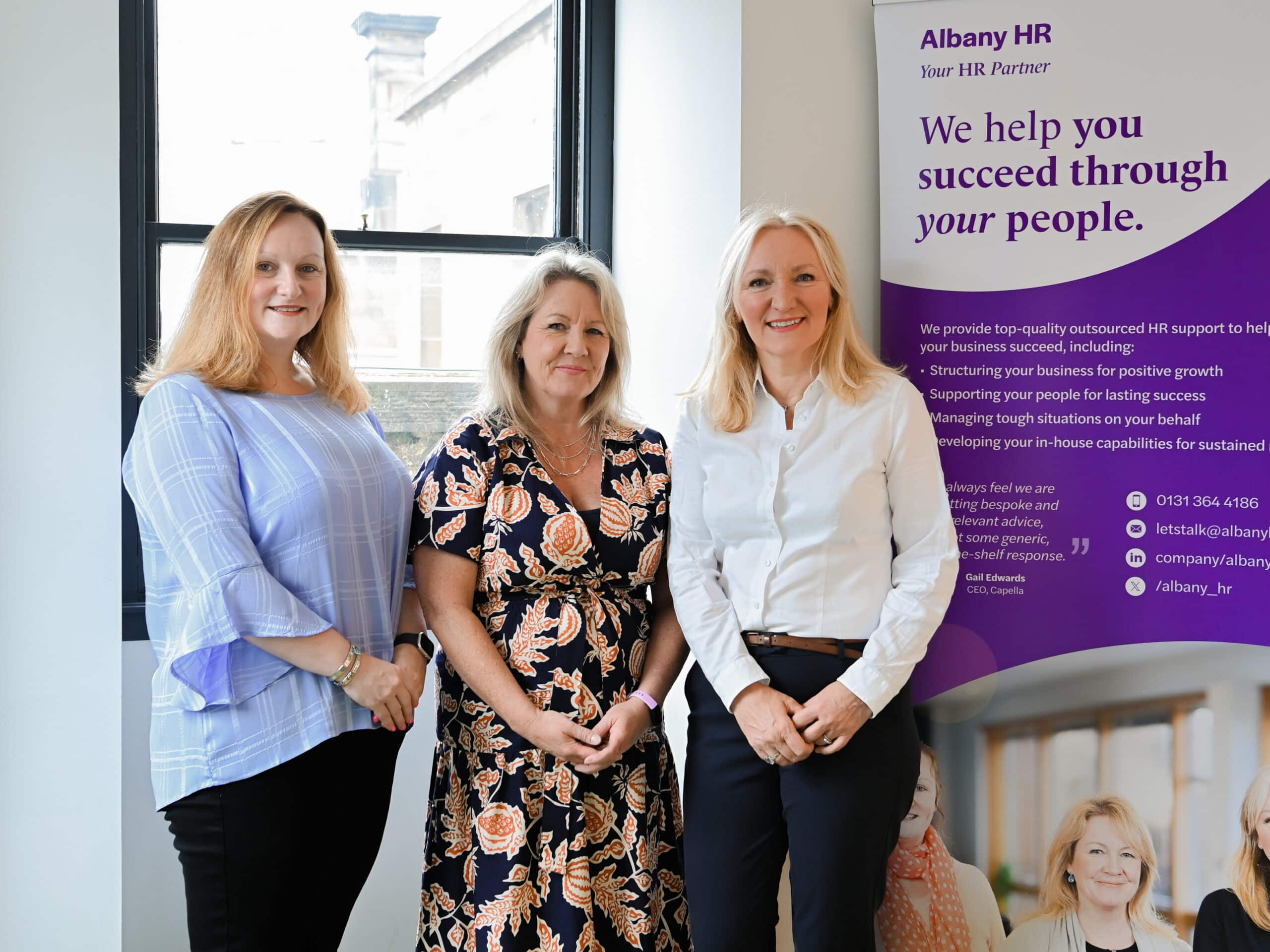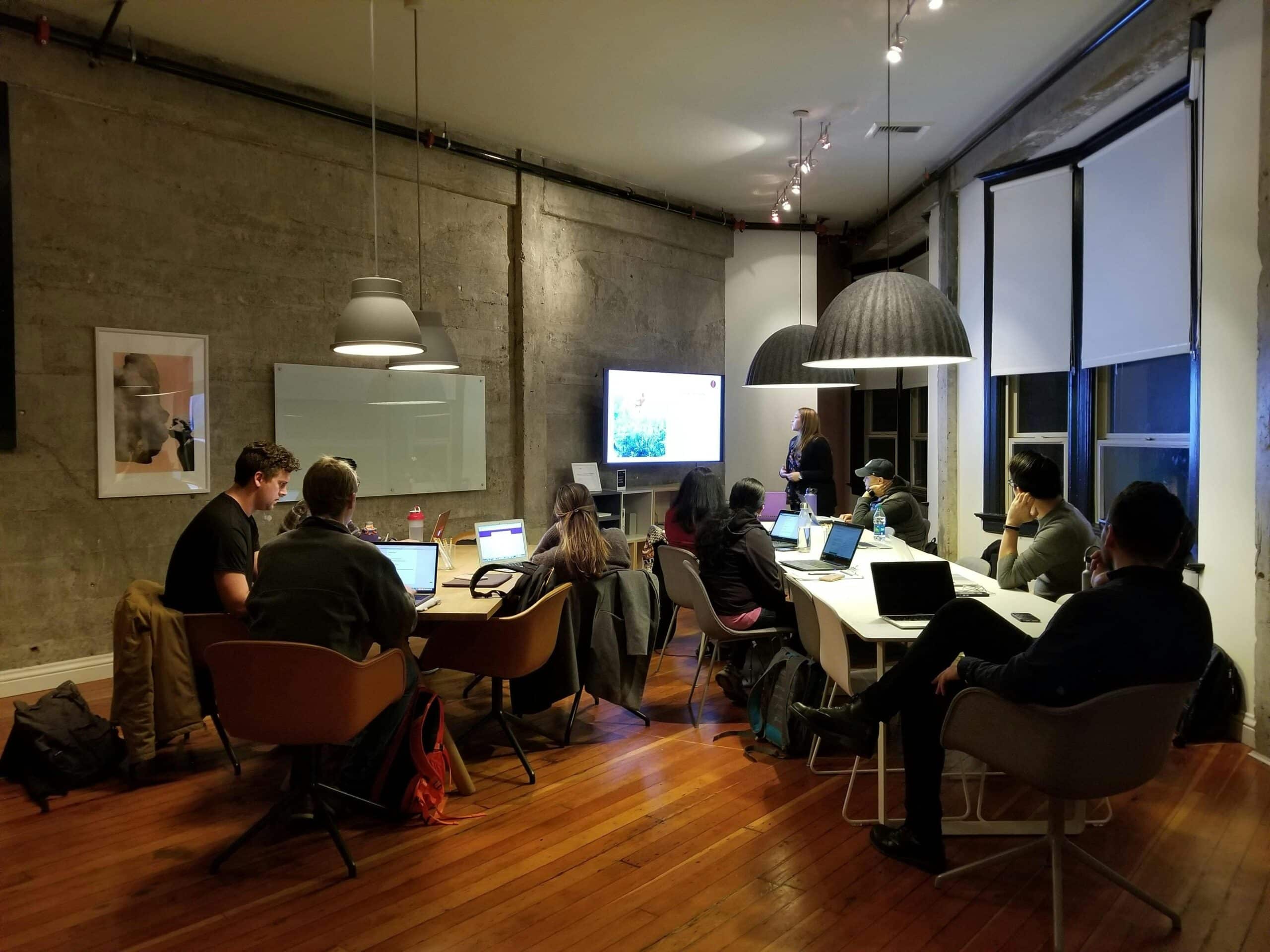Succession Planning
Succession planning is the process of identifying and developing employees within an organisation to fill key leadership or critical roles in the future. It ensures that the company has a pipeline of capable and prepared individuals ready to step into essential positions as they become available, whether due to retirement, promotion, or unexpected departures.
Our Expertise
Succession planning involves more than just identifying potential successors; it includes developing these individuals through training, mentorship, and providing opportunities for growth. The process typically begins with identifying critical roles, assessing the current talent pool, and creating development plans for high-potential employees.
Effective succession planning ensures continuity, reduces risks associated with leadership gaps, and aligns talent development with the organisation’s long-term goals.
How We Help

Developing Succession Planning Policies

Providing Processes and Tools

Establishing Succession Planning Procedures

Supporting Organisational Implementation
Our Services

HR Packages
When you choose a HR package, our HR Consultants become your trusted partner delivering ongoing support. Our first step is to conduct an HR audit. We then work with you to create a future-thinking people plan. Your policies and procedures are fine-tuned, and we work collaboratively and proactively on your people plan throughout the year.
HR Project Support
Sometimes you reach a change point, or your existing HR structures are at their limits, and you would like targeted support where and when you need it. We help you deal with complex, and often time-consuming, people challenges, allowing you to focus on what your business needs to grow and what you need for peace of mind.
HR Document Support
Your policies, employment contracts, and employee handbook are essential to help your employees understand who you are and set the right expectations. Whether you’re a start-up, a growing business, or your documents need a refresh, we supply easy-to-understand documents that engage your employees, reflect your values and ensure you’re legally compliant.
“Always approachable and, with a relaxed disposition, she brought qualities to the role that added substantially to the professionalism of the HR function.”
FAQs
How can organisations identify and develop potential successors for critical roles? 
Organisations can identify successors by using talent assessments, performance reviews, psychometrics and leadership development programs to spot high-potential employees. Mentoring, job rotations, and tailored development plans help get these individuals ready for future critical roles.
What role does succession planning play in ensuring business continuity and mitigating risks? 
Succession planning ensures business continuity by preparing a pipeline of skilled leaders who can step into key roles when needed, reducing disruption. It mitigates risks associated with sudden vacancies or leadership transitions, maintaining stability and safeguarding organisational knowledge.
How can companies assess and address gaps in leadership talent during the succession planning process? 
Companies can assess leadership talent gaps by conducting skills audits and evaluating leadership performance against future business needs. Addressing these gaps may involve targeted training, leadership coaching, or considering external hires to fill specialised roles.
How can organisations balance internal talent development with the potential need to bring in external candidates for succession? 
Organisations can balance internal and external succession by prioritising internal development while remaining open to external candidates who bring fresh perspectives or skills. Combining talent development programs with regular market analysis ensures that the best candidates are in place.
